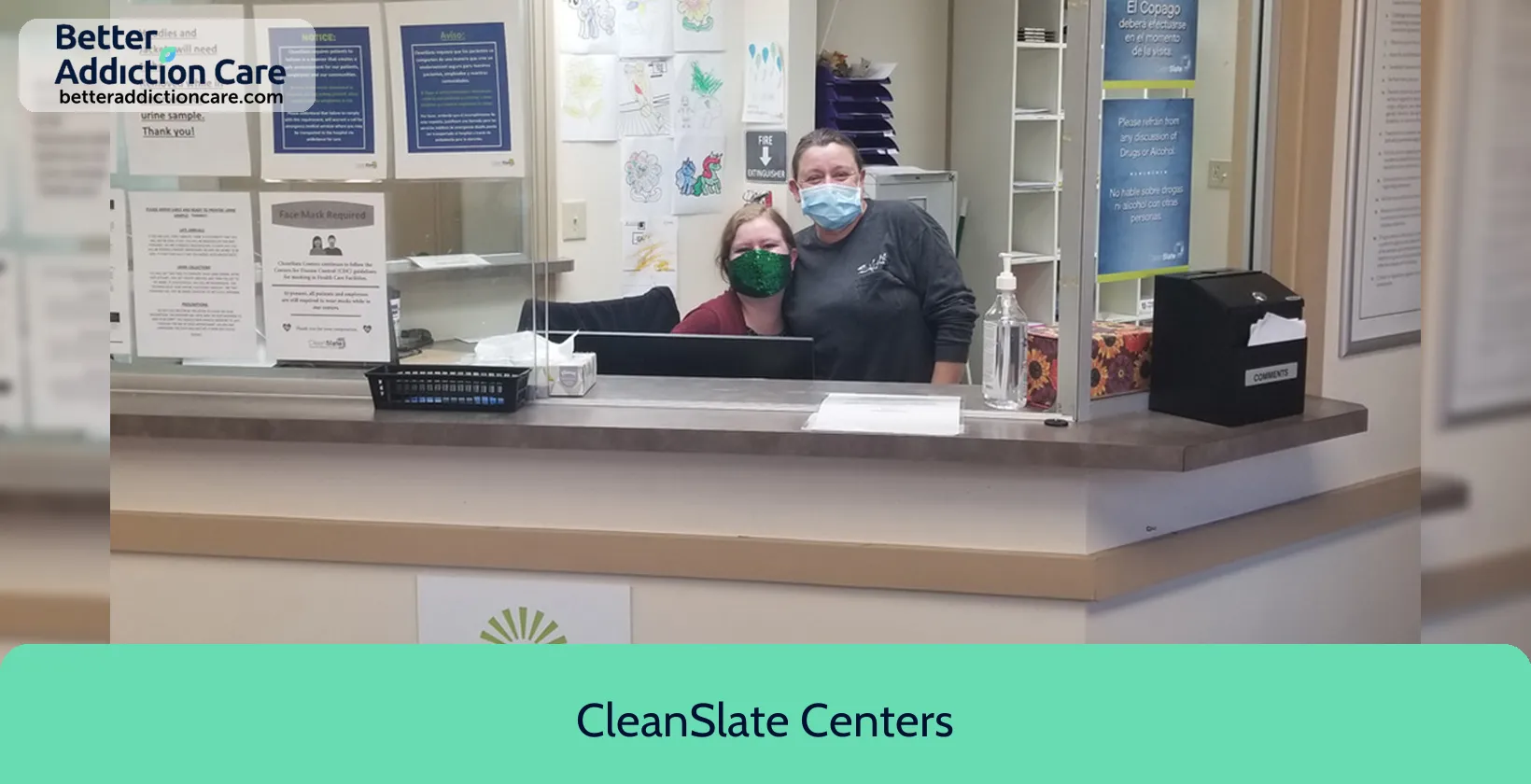Centerstone 653 South Rogers Street

Overview
Centerstone 653 South Rogers Street is a mental health treatment center for people seeking treatment near Monroe County. As part of their treatment modalities for recovery, Centerstone 653 South Rogers Street provides cognitive behavioral therapy, integrated mental and substance use disorder treatment, and telemedicine/telehealth therapy during treatment. Centerstone 653 South Rogers Street is located in Bloomington, Indiana, accepting cash or self-payment for treatment.
Centerstone 653 South Rogers Street at a Glance
Payment Options
- Cash or self-payment
- Medicaid
- Medicare
- State-financed health insurance plan other than Medicaid
- Private health insurance
Assessments
- Screening for tobacco use
- Comprehensive mental health assessment
- Comprehensive substance use assessment
Age Groups
- Young adults
- Adults
- Seniors
Ancillary Services
- Case management service
- Diet and exercise counseling
- Integrated primary care services
- Psychosocial rehabilitation services
- Suicide prevention services
Highlights About Centerstone 653 South Rogers Street
6.65/10
With an overall rating of 6.65/10, this facility has following balanced range of services. Alcohol Rehabilitation: 8.00/10, Drug Rehab and Detox: 6.00/10, Insurance and Payments: 6.00/10, Treatment Options: 6.61/10.-
Alcohol Rehabilitation 8.00
-
Treatment Options 6.61
-
Drug Rehab and Detox 6.00
-
Insurance and Payments 6.00
Treatment At Centerstone 653 South Rogers Street
Treatment Conditions
- Mental health treatment
- Substance use treatment
- Co-occurring Disorders
Care Levels
- Hospital inpatient treatment
Treatment Modalities
- Cognitive behavioral therapy
- Integrated Mental and Substance Use Disorder treatment
- Telemedicine/telehealth therapy
- Smoking/vaping/tobacco cessation counseling
- Eye Movement Desensitization and Reprocessing therapy
Ancillary Services
Languages
- Sign language services for the deaf and hard of hearing
Additional Services
- Pharmacotherapies administered during treatment
- Mentoring/peer support
- TB screening
Special Programs
- Clients with co-occurring mental and substance use disorders
- Clients who have experienced intimate partner violence, domestic violence
- Persons 18 and older with serious mental illness (SMI)

Additional Locations
Get Help Now
Common Questions About Centerstone 653 South Rogers Street
Contact Information
Other Facilities in Bloomington

7.31

6.92

6.94

6.71

8.12

7.69

6.94

7.04
DISCLAIMER: The facility name, logo and brand are the property and registered trademarks of CleanSlate Centers, and are being used for identification and informational purposes only. Use of these names, logos and brands shall not imply endorsement. BetterAddictionCare.com is not affiliated with or sponsored by CleanSlate Centers.

